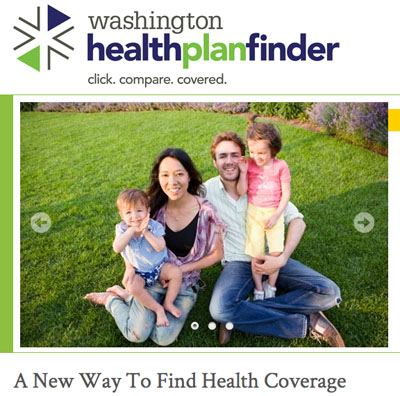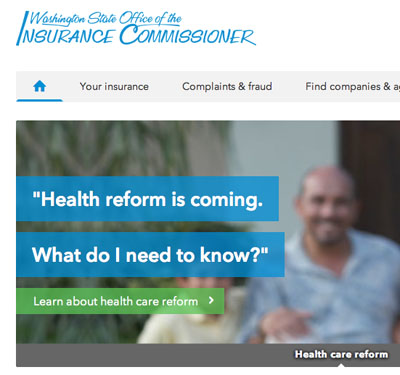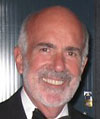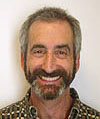 The Health Plan Finder website is where you can shop for one of the new health insurance plans. Next week, starting October 1, people in the Methow Valley and around the state will be able to begin to select a health plan that meets their financial and healthcare needs through the Washington Health Exchange. The insurance office estimates that about 477,400 people in Washington will qualify for subsidies. Many uninsured people live in rural areas.
Here are five things to know:
- Starting October 1, if you are currently uninsured or get your health insurance through an individual plan, you will be able to shop in Washington for health insurance on the “Healthplanfinder” website. There you can sign up for insurance that will begin on January 1, 2014. You will have from October 1 to the end of March 2014 to sign up. If you have not signed up by then you will not be able to sign up again until October 2014. (If you decide against signing up, you may end up paying a penalty of $95 per adult or up to $285 for a family.)
This new marketplace will help you find, compare, and sign up with a plan that is right for you. You can also find out if you qualify for a subsidy from the government to help pay for your insurance. What your actual premiums will be depends on your age, family size, household income, and what county you live in.
- If you already have insurance through your employer, Medicare, veterans or military programs most likely you will not need to make any changes at all. If you are on Medicare and someone tries to sell you a policy on the new exchange, they are breaking the law. Do not buy. Instead, report them to Medicare (800-404-8702) or the Washington State Insurance Commissioner (800-562-6900).
Seniors on Medicare have an opportunity to change their Medicare Plans from October 15 to December 7; there is no change in this process as a result of ObamaCare. This open enrollment period for Medicare is not part of the exchange. Medicare Plans will help you in the process if you wish to change your current coverage.
-
 The Washington State insurance commissioner website also has information about the new health care reform.
- In most cases, you will not have to change your primary care doctor, but they may become much busier. The problem in rural healthcare is the limited number of primary care providers. If more people are insured, there will be greater demands on a system that is already overloaded. The solutions for this are long term, with the creation of more incentives to primary care providers particularly in rural areas, training more primary care practitioners, and giving financial support to rural practices. This will not be easy.
- Many questions remain unanswered about this complex law. The intent of the law is to provide greater access for more people to affordable health insurance and to quality care. If this were easy and quick, we would have reformed the health care system already.
Although October 1 is a big step for Obamacare, when more people will be able to find and sign up for insurance, it is just one step and not the end. We will need more reforms for a broken and complex system. This is the beginning and not the end of that process of reform.
As Carol Ostrom wrote in a Seattle Times article about the Affordable Care Act. “There will still be hospitals, and doctors and insurance companies. Employers will still offer insurance to workers. Brain surgeons will still make a lot of money…..the “free” market will still be alive and kicking—perhaps more vigorously than it’s done in the past.”
More information is at www.wahealthplanfinder.org and www.insurance.wa.gov
 Hugh Straley  Aaron Katz Dr. Hugh Straley has been visiting the Methow Valley since 1960. An oncologist, he retired in 2008 as Medical Director of Group Health and President of Group Health Physicians in Seattle. The Straley family owns a vacation home up the Chewuch River. He wrote this with his friend, Aaron Katz, a health policy expert at the University of Washington School of Public Health who sometimes visits the valley. Photos courtesy Hugh Straley and University of Washingon. |

